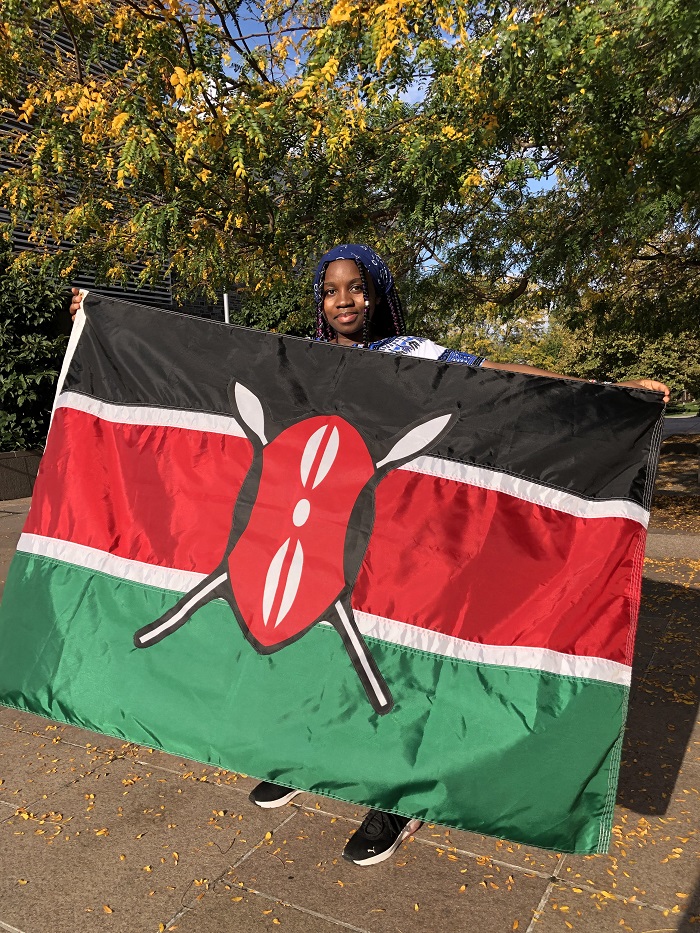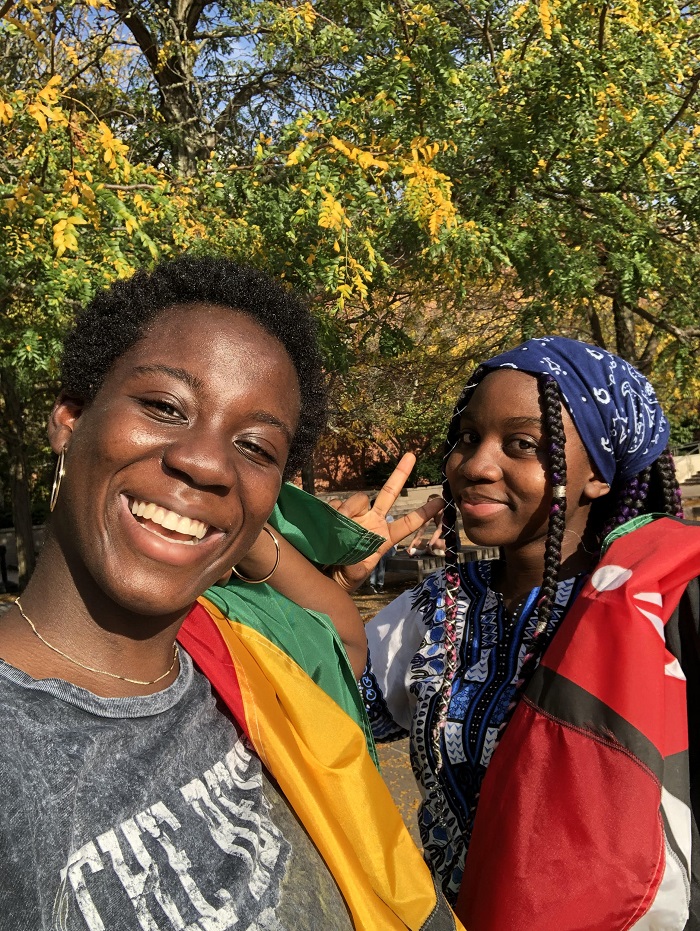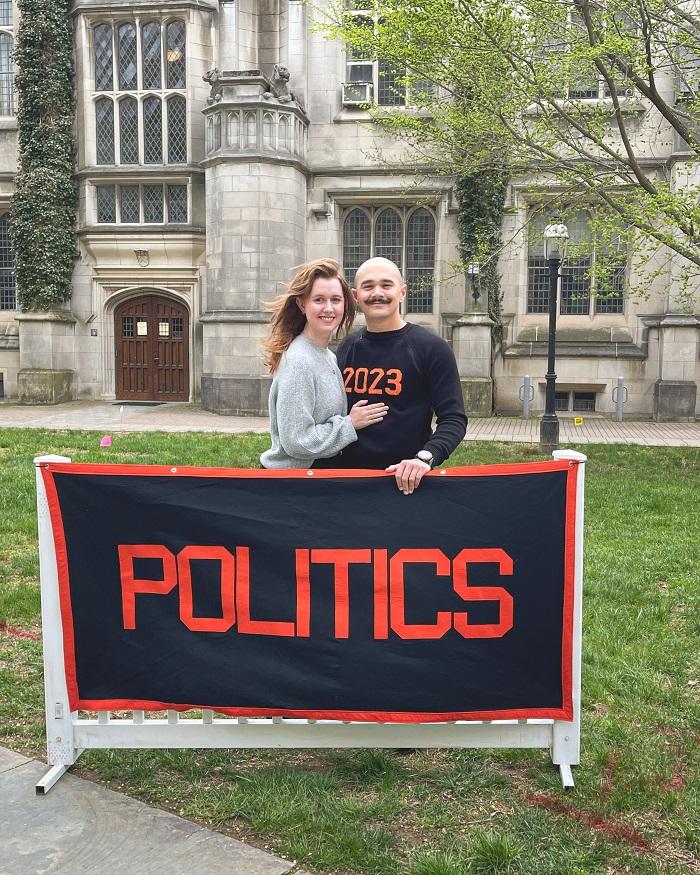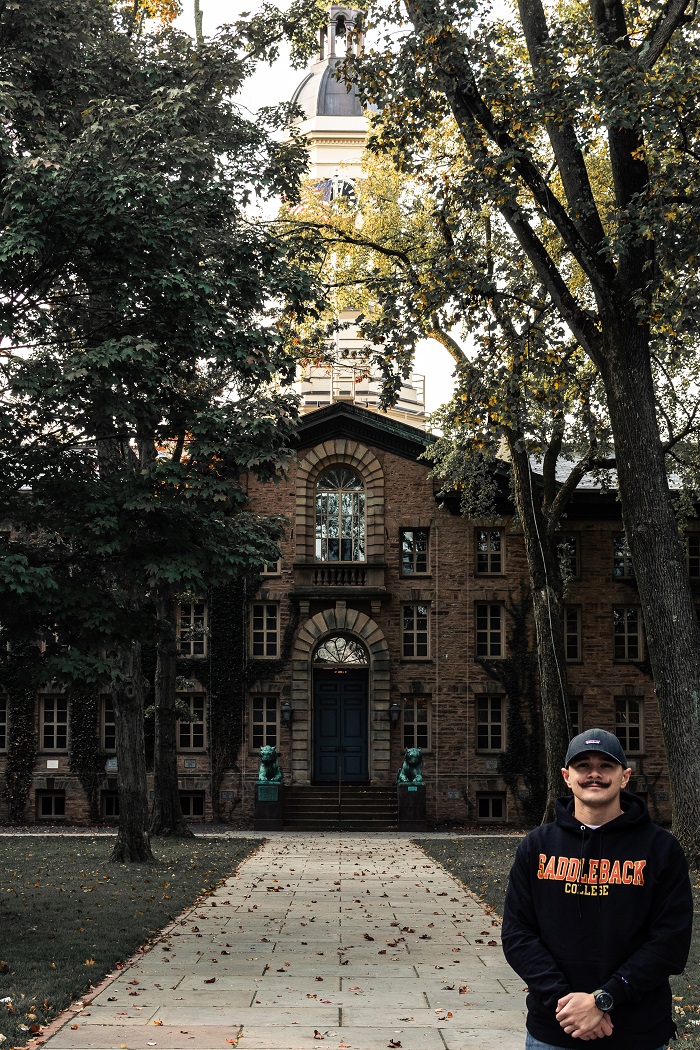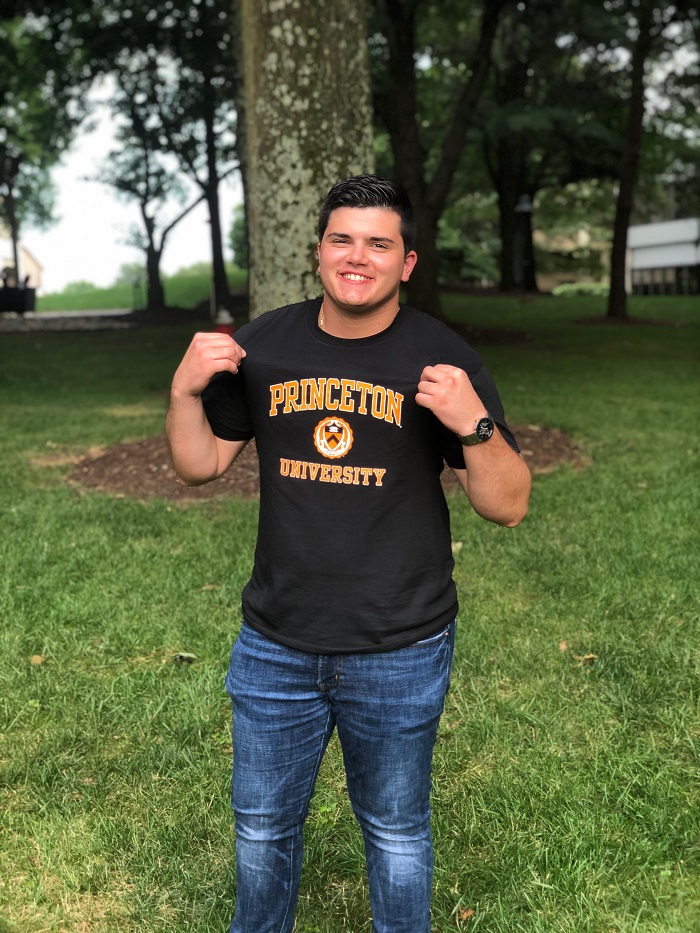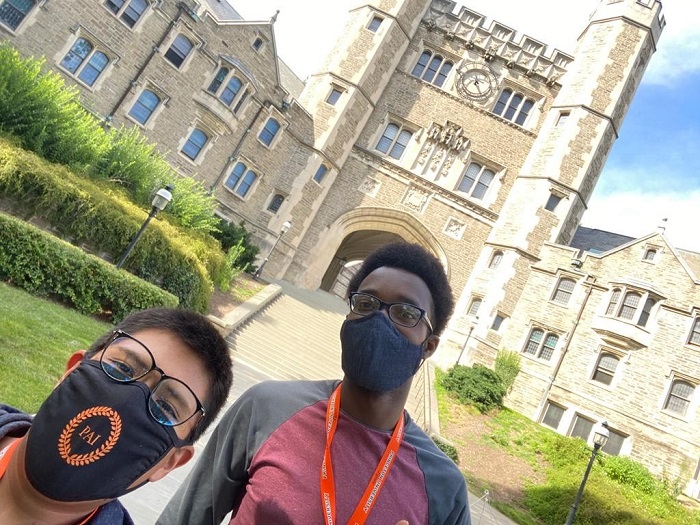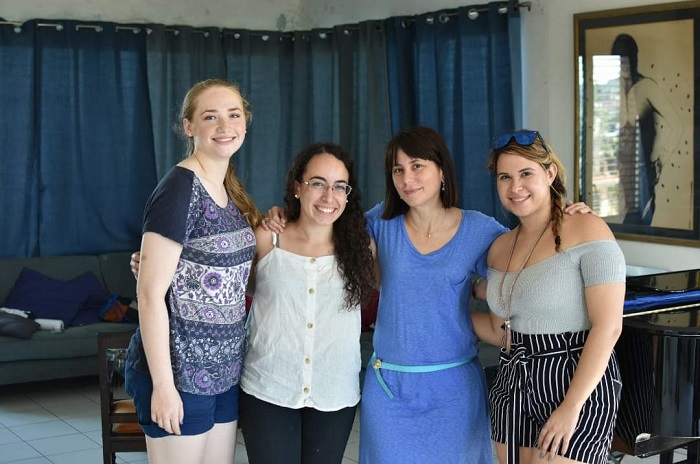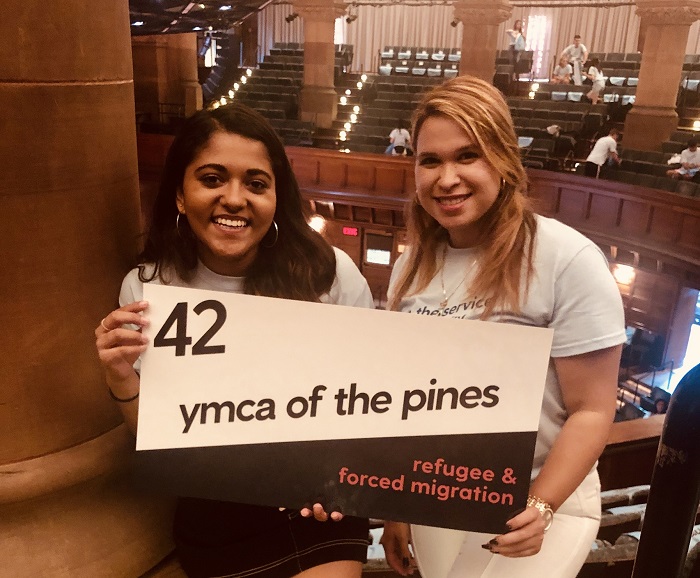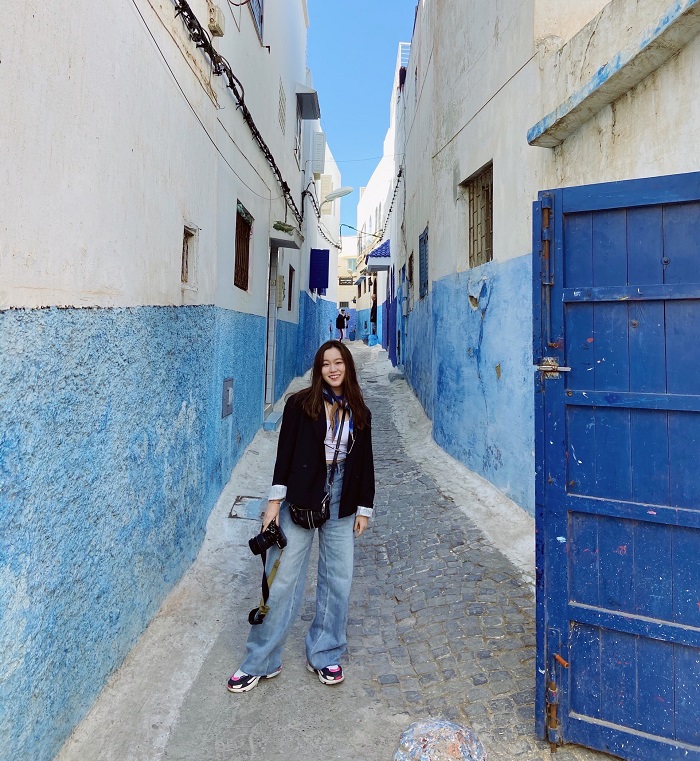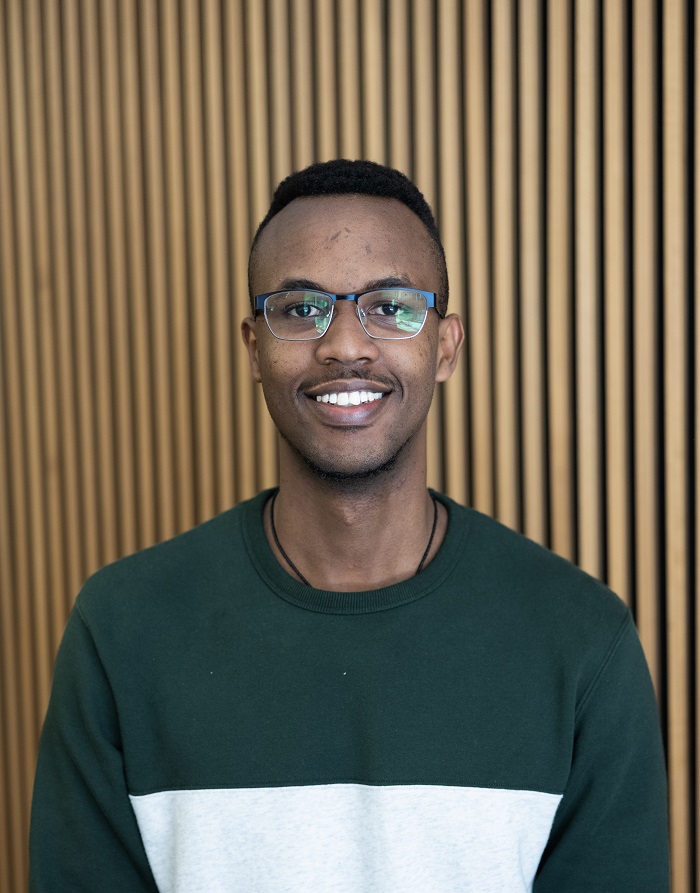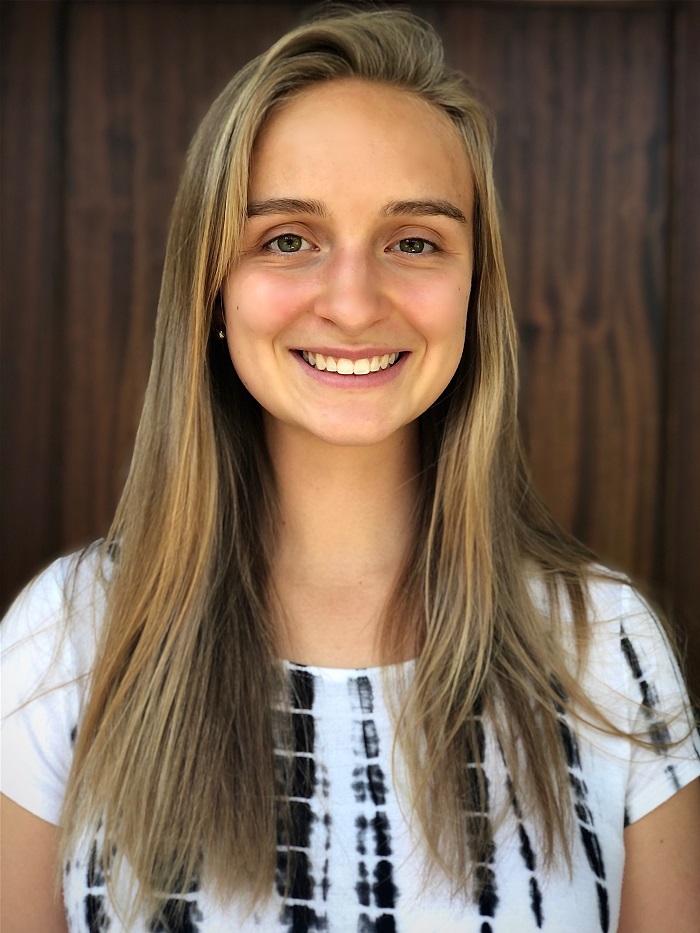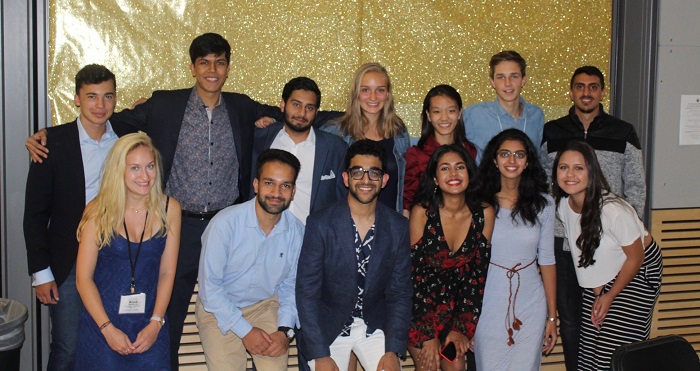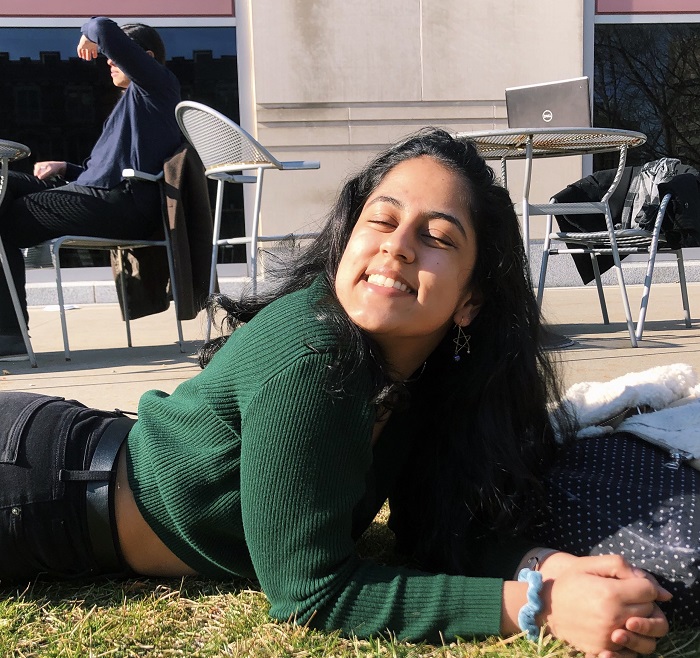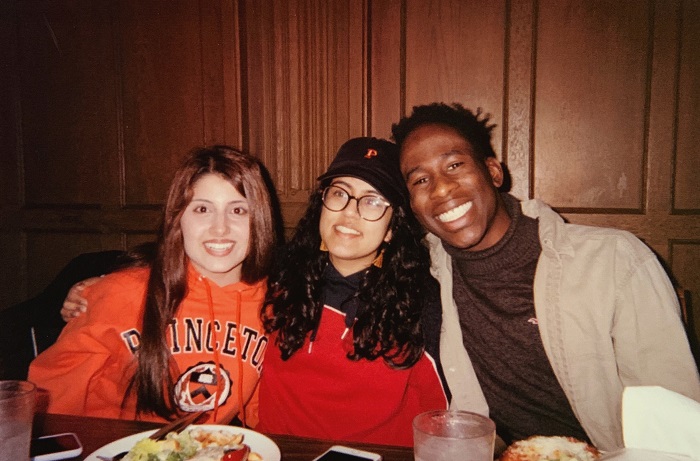Taking difficult courses in one of the world’s most prestigious universities, topped with moving to a new and different country seemed daunting at first. Coming from Poland, I didn’t know if my academic preparation was enough to thrive in a Princeton classroom and whether I’d fit well in the American college social life. As these thoughts began to fill my mind when I entered the walls of the beautiful Princeton campus, I remembered a piece of advice that has helped me succeed throughout my life: don’t be afraid to ask for help. I never would have thought that this piece of advice could make such a difference in my transition to college.
As I progressed through my first fall semester, I quickly realized how many resources Princeton offers when you’re seeking advice. When I was choosing courses or became worried about my progress in them, I spoke to my wonderful academic adviser, Gene Grossman, a professor in the Department of Economics and Princeton School of Public and International Affairs who always knew exactly how to put me on the right track by both challenging me with exciting course choices and encouraging me to strike a work-life balance. Although he knew I was a prospective economics concentrator, he encouraged me to take Freshman Seminars which seemed to be very loosely connected with my concentration (one of which focused on the importance of failure in life, while the other on the constitutional debate over freedom of speech). These courses allowed me to discover areas of knowledge I never explored before and provided a healthy break from learning about economic consumption patterns and supply & demand.
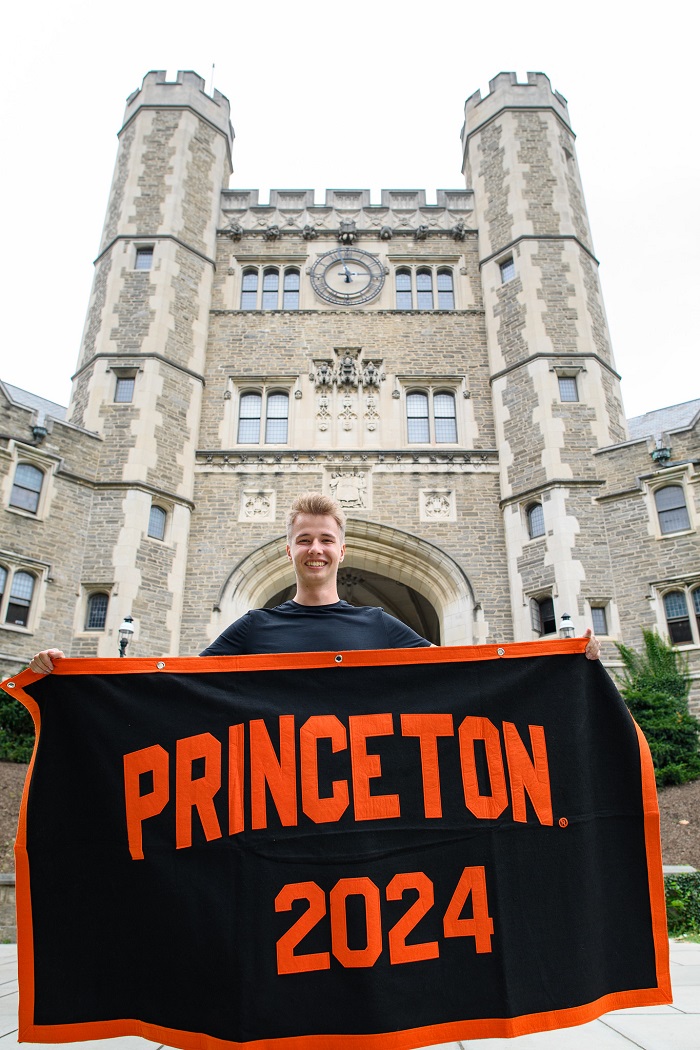
When I found my days getting disorganized and unproductive, I scheduled mentoring sessions with the McGraw Academic Life & Learning Consultants who helped me organize my academic life. When I feared I’d never secure a summer internship after my first year I spoke to the advisers at the Center for Career Development who helped me polish my resume and land an incredible summer opportunity. With their support, I had a wonderful experience working for Magma Partners during my first-year summer: a venture capital investment fund that focused on supporting fintech and insurtech startups in Latin America.
Finally, when I worried about adjusting to life in the United States I found a robust community at the Davis International Center. The Davis IC helped me effectively transition to living in a new culture. It allowed me to surround myself with people who found the same things about the United States to be different from their home countries and Davis IC empowered us to adapt to them together. I can certainly say that although Princeton has been a challenging experience, I was able to navigate through it well, without being afraid of failure. I proudly wear orange and black as I know that here I’m always surrounded by the right people who will help me succeed no matter what obstacle I encounter.







